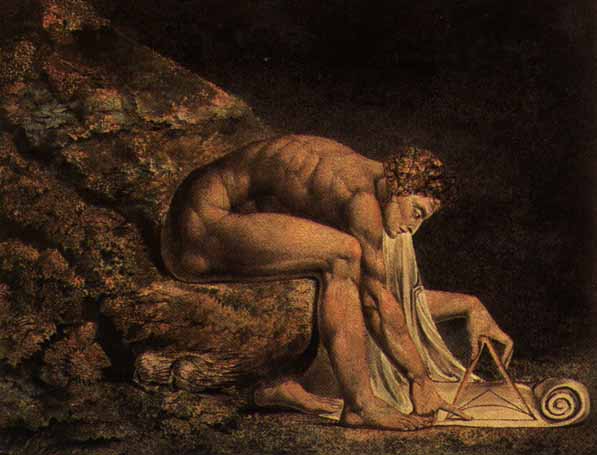The Apollonian
|
APOLLO: |
![]()

The heavenly Plato looks skyward and the pragmatic Aristotle towards the earth.
from "The Symposium"
"The Love, then, which belongs to Common Aphrodite is really and truly common and works at random; and this is the love which inferior men feel. Such persons love firstly women as well as boys; next, when they love, they love bodies rather than souls; and next, they choose the most foolish persons they can, for they look only to getting something done, and care nothing whether well or not. So what happens to them is they act at random, whether they do good or whether they do its opposite; for this Love springs from the goodness which is much younger than the other, and in her birth had a share of both female and male. But the other Love springs from the Heavenly goodness, who firstly has had no share of the female, but only of the male; next, she is the elder, and has no violence in her; consequently those inspired by thins love turn to the male, because they feel affection rather for what is stronger and has more mind... The fact is, I think, the case is not simple: as I said at the beginning, it (love) is neither beautiful nor ugly by itself, but beautifully done it is beautiful, and ugily done it is ugly - ugily, is to gratify a base man and basely; beautifully, is to gratify a good man and beautifully. A base man is that common lover who loves the body rather than the soul; for he is not lasting since he loves a thing not lasting. For as soon as the flower of the body fades, which is what he loved, 'He takes to the wing and away he flies,' and violates any number of vows and promises; but the lover of a good character remains faithful throughout life, since he has been fused with a lasting thing."
Phaidros in Plato's Symposium
William Blake's "Newton" doing calculations at the bottom of the sea.
